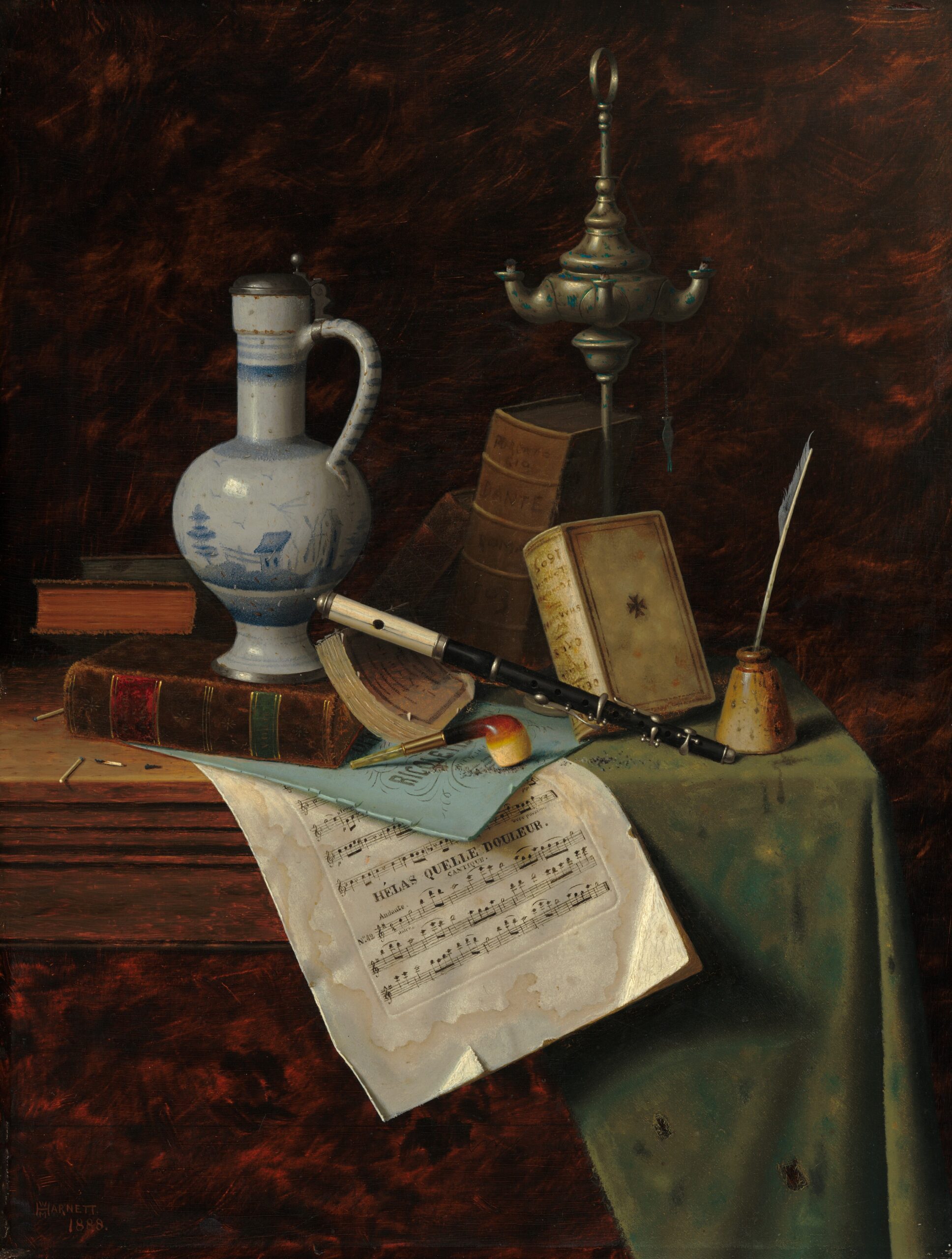WorldView Foundations is intended for graduates of our 2-year Classical Studies program or 8th grade students (8th graders must have had at least one year of beginning Latin or be concurrently enrolled in Intermediate Latin). Focused on laying a firm foundation in Theology, Composition, American History, and the Classical Languages, our 1 or 2-year WorldView Foundations program is the bridge from the middle to the upper grades.

Our WorldView Foundations Program includes:
Christian Apologetics
Classical Language Study
Foundations in American History
Classic & Christian Literature
Essay Writing Skills
Introduction to Logic
Public Speaking Skills
Paper Sloyd Training

